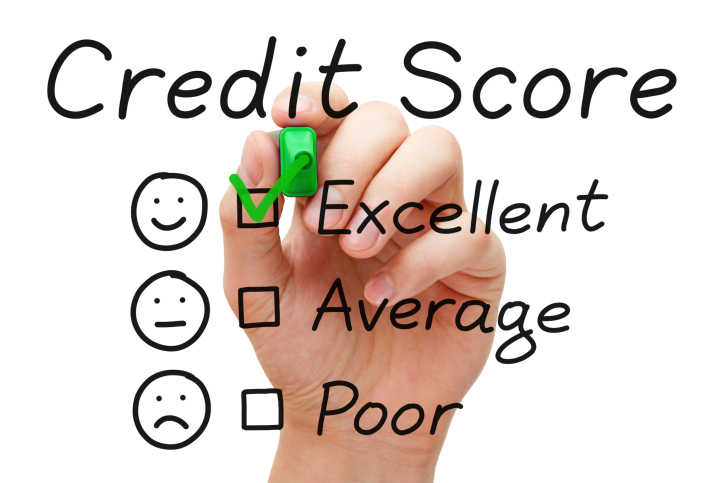Suffering from Credit Problems? Understanding Mortgage Lenders and How They Assess Your Credit
 One of the most significant factors a mortgage lender will review when you apply for a new mortgage loan is your credit history and rating. While some people have stellar credit, others have a troubled credit history with lower scores.
One of the most significant factors a mortgage lender will review when you apply for a new mortgage loan is your credit history and rating. While some people have stellar credit, others have a troubled credit history with lower scores.
If you fall into the latter scenario, you may be wondering how lenders will assess your credit situation when you apply for a mortgage in the near future.
Reviewing Your Credit Scores
Initially, lenders will review your credit report to determine your credit scores. Your scores will have a direct impact on the interest rate that you qualify for or if you qualify for a loan at all. There are prime mortgages for good credit borrowers and sub-prime mortgages for those with a blemished credit rating.
If your scores are too low, however, you may not qualify for a mortgage. A mortgage representative can tell you more about their credit rating thresholds and the terms that you may qualify for.
High Debt Balances
Your mortgage lender will dig deeper into your credit report after an initial review of your credit rating. Your debt balances will be reviewed to determine your debt-to-income ratio. Provided your debt-to-income ratio and your credit rating are in line with requirements, high debt balances may not be an issue. Essentially, the lender will determine if you are able to make your payments on time as scheduled or if your debt balances appear to be burdensome. Even if your debt balances are high, you may be approved for a loan if you can afford to make the payments.
Difficulty Making Timely Payments
Your mortgage lender will also review the number of late payments on your credit report as well as the dates for those late payments. When late payments are clustered together, this may indicate a temporary rough patch rather than an on-going issue with making payments on time. However, if you have multiple payments that have been late over the course of the last year or two, this may indicate that you are not creditworthy as a loan applicant.
A credit report can tell a lender many things about you. While it superficially can tell a lender more about your outstanding debts, it also delves into previous financial issues and your overall responsibility with managing debt. If you have suffered from credit problems in the past, you may consider reaching out to a mortgage professional for more insight on how a lender will assess your credit situation.

 Periodically, many homeowners will receive a rather sizable amount of extra cash. This may be from a bonus from your employer, a refund on your tax return, a financial gift from a relative or something else altogether.
Periodically, many homeowners will receive a rather sizable amount of extra cash. This may be from a bonus from your employer, a refund on your tax return, a financial gift from a relative or something else altogether. The unfortunate reality is that many individuals have a lower credit rating than they would like. For many, this is caused by issues related to high debt balances, late payments and other related issues. If you have a lower credit rating, you may be wondering what steps you can take to improve your standing with the credit bureaus. While there are several steps available for you to consider, making timely payments on your home mortgage can have a great impact on your credit. There are four unique ways that diligence with your mortgage payment may improve your credit.
The unfortunate reality is that many individuals have a lower credit rating than they would like. For many, this is caused by issues related to high debt balances, late payments and other related issues. If you have a lower credit rating, you may be wondering what steps you can take to improve your standing with the credit bureaus. While there are several steps available for you to consider, making timely payments on your home mortgage can have a great impact on your credit. There are four unique ways that diligence with your mortgage payment may improve your credit.